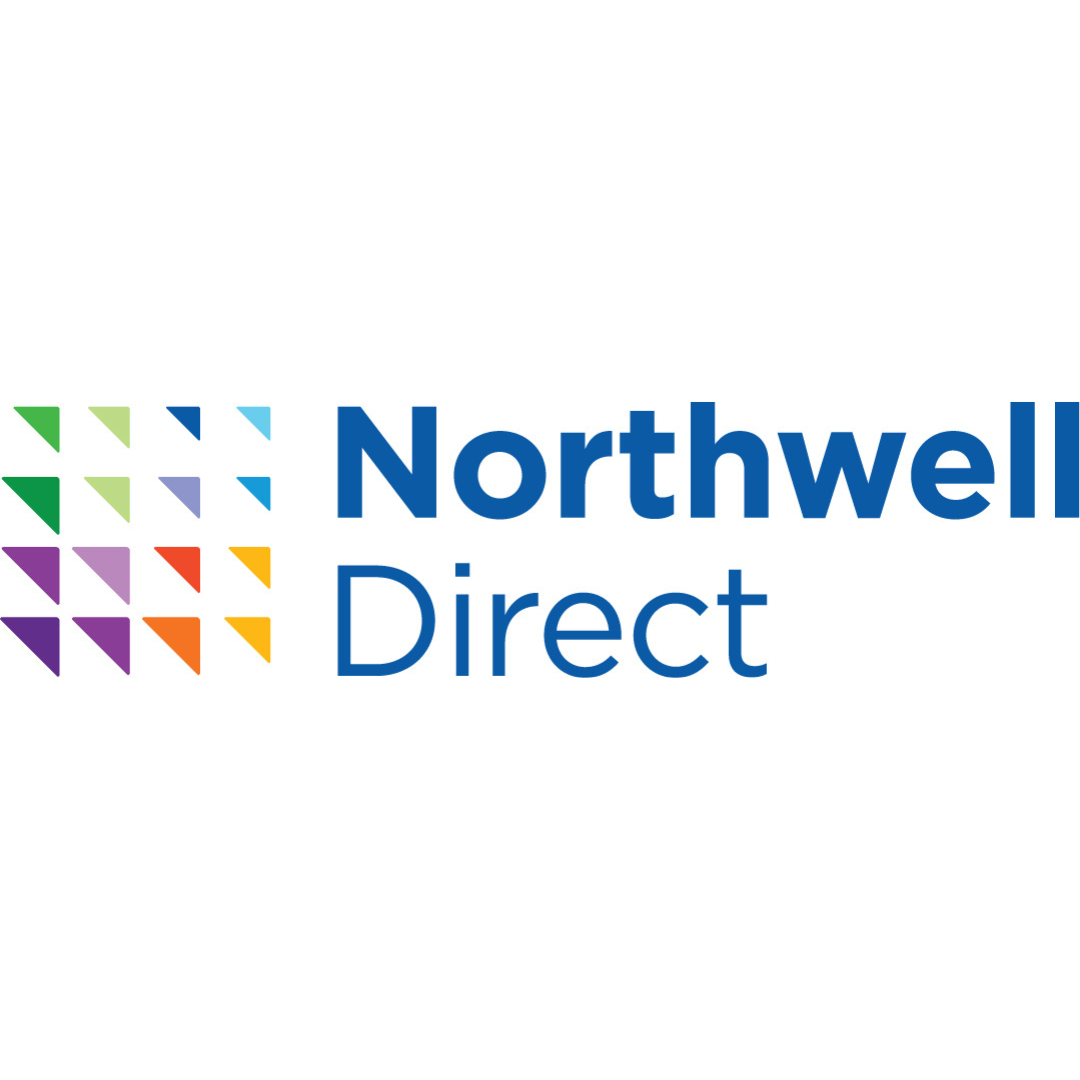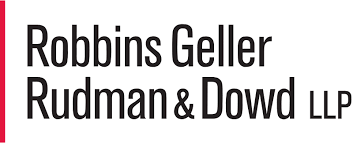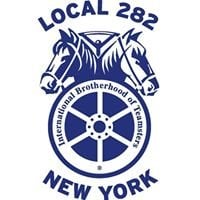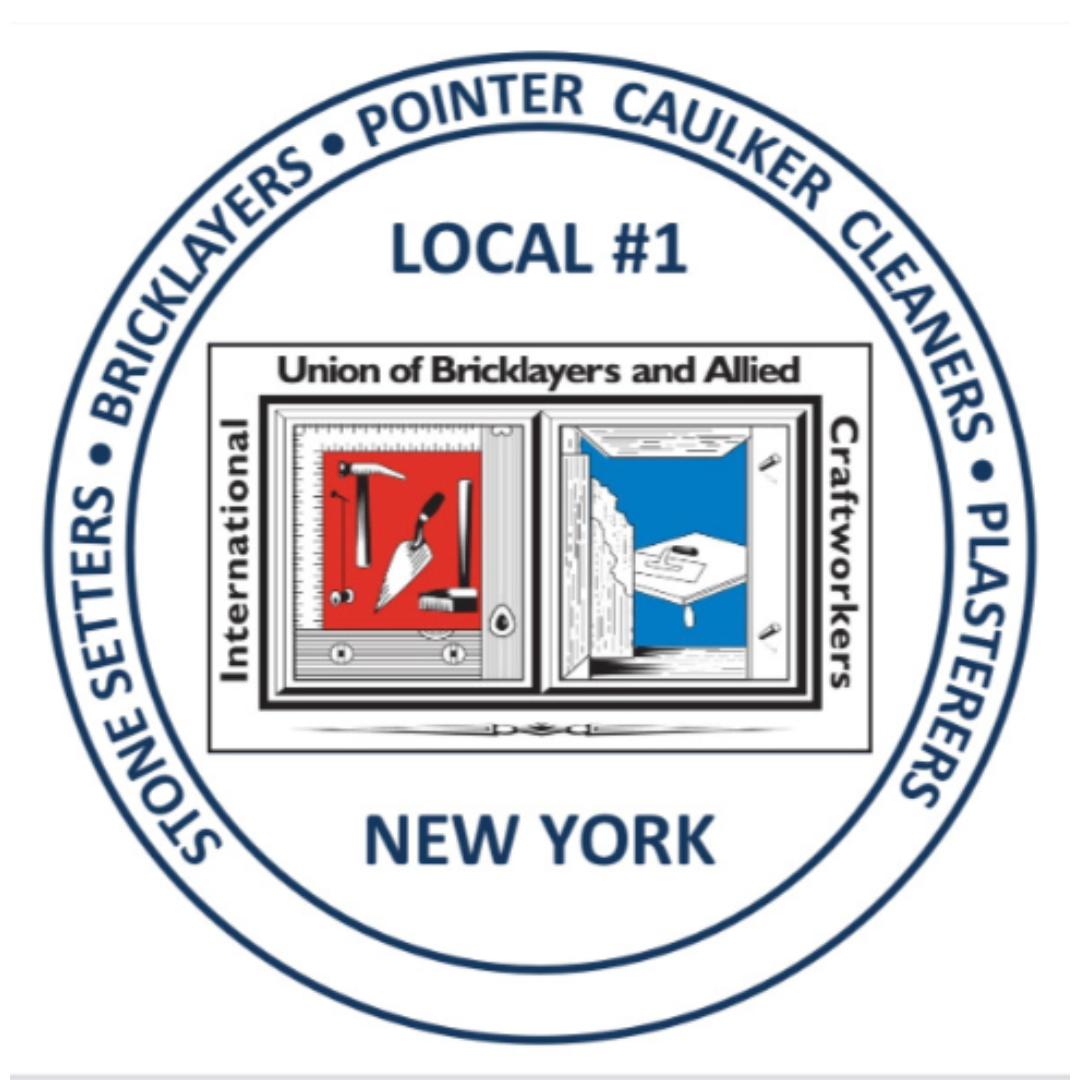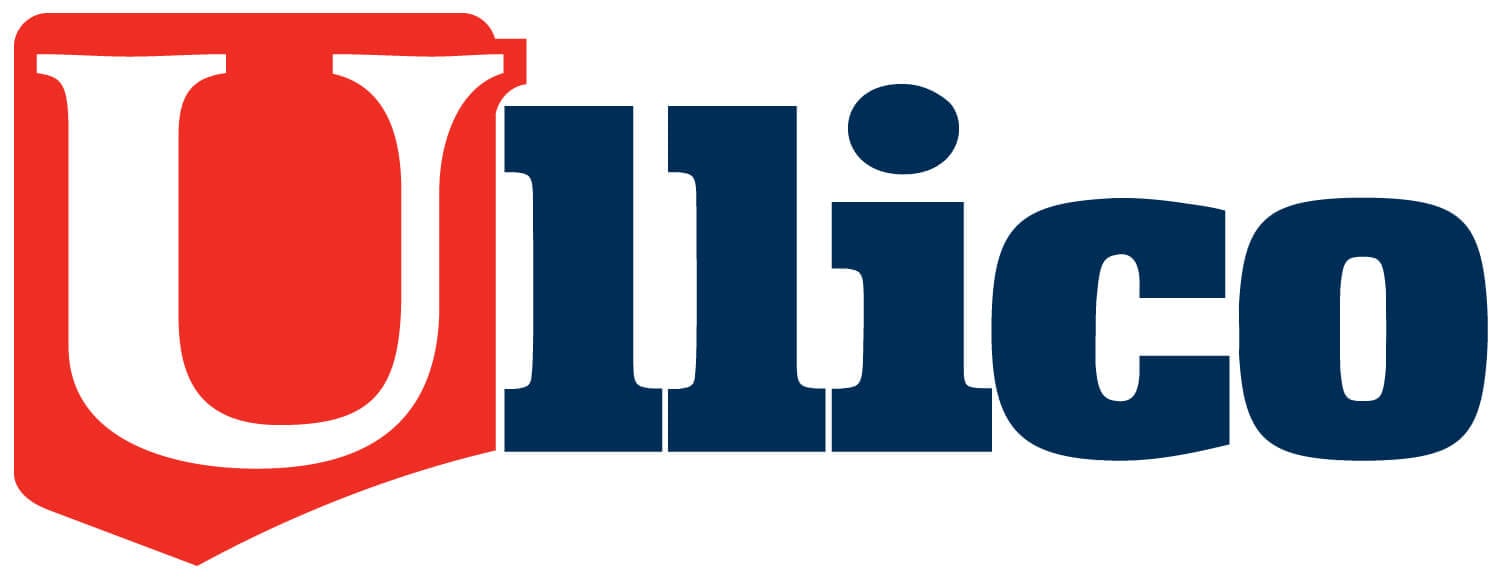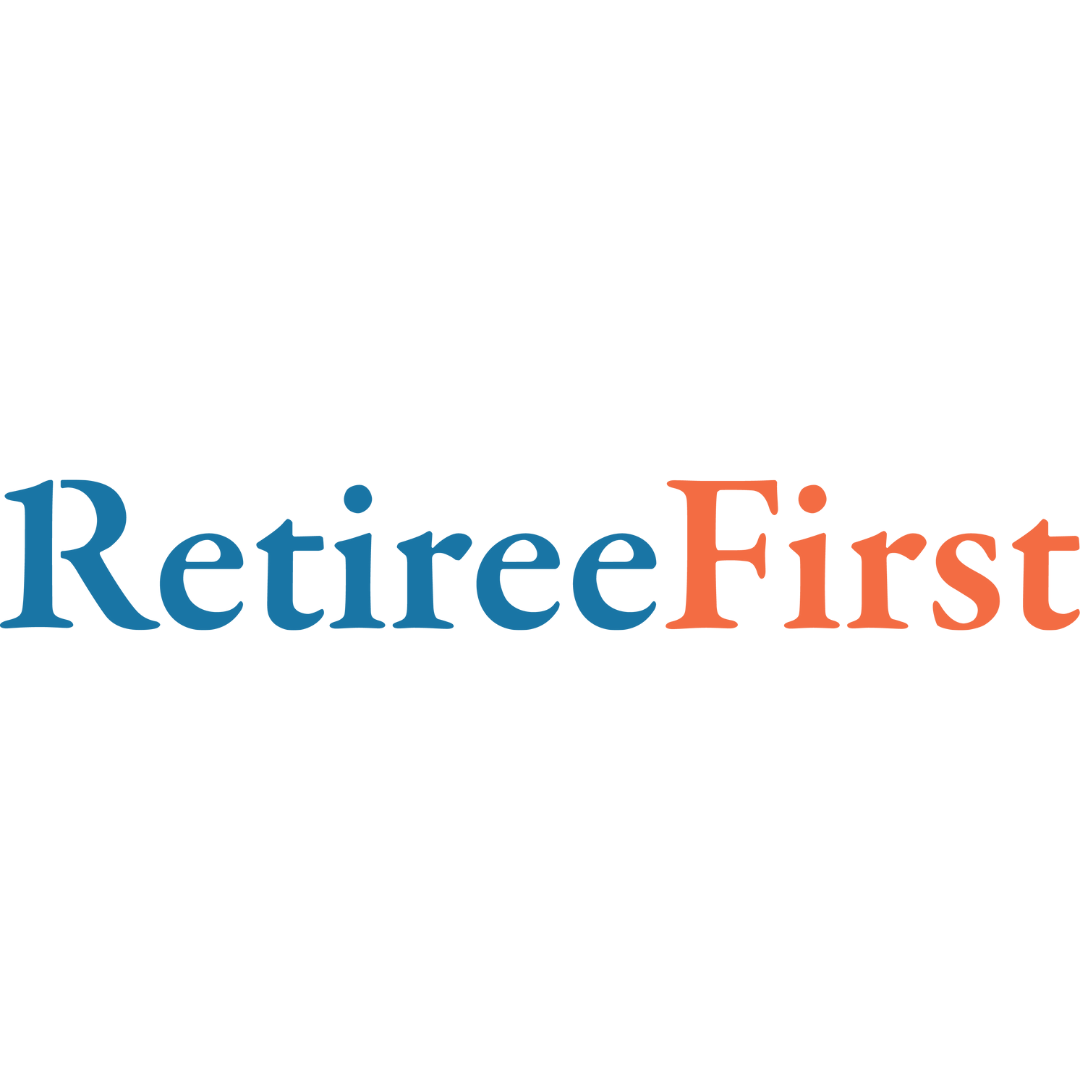What It’s a Wonderful Life Can Teach Corporate America
By: Brian J. Hale

How should a CEO pass the time during the holiday season? For this CEO, it was a no-brainer — think about defined benefit pension plans, of course, and watch the classic film It’s a Wonderful Life.
For those who have forgotten or never knew to begin with, slumlord Henry Potter is the film’s antagonist. And there’s George Bailey who builds housing for the working class in his community, and despite Potter’s lure of riches, stays true to his mission. So what does the film have to do with defined benefit pensions? Both were mistakenly labeled a failure. The film, at first a money-loser, is now considered one of the greatest. Defined benefit pensions — which pay a steady sum in retirement — for decades have been considered a benefit of the past, until their recent rediscovery.
Today in our country, 83 percent of Americans believe all workers should have a pension and 65% believe an employer-provided pension that pays a set amount is better than a 401K, which pays only what is contributed and survives market forces.
Yet less than 15 percent of private sector workers today have a reliable, defined benefit pension, down by more than half from 1980. Half of workers approaching retirement with a 401K have less than $88,000 invested. For most, that does not portend a dignified retirement after a life of hard work; rather, it foreshadows a worsening crisis. It’s no surprise that 79 percent of Americans say that crisis is already here.
According to the National Council on Aging, most Americans approaching retirement age are at risk of economic insecurity, with half of those 60 or older unable to afford basic needs.
No doubt, Mr. Potter would sneer and tell them it’s their own fault — that they should have saved. But three-fourths of low-income workers have no access to any type of retirement plan. A fifth have no savings at all, and a third are unable to afford a $400 emergency.
It’s no accident defined benefit pensions have nearly become an artifact. Wall Street — where CEOs continue to reap the benefits of their version of a secure pension with golden parachutes and stock plans — pulled a Potter on us. The promise of secure, defined benefit pensions was betrayed when Wall Street saw more profits and less risk in 401K plans. At their creation in 1978, 401Ks were never intended to be the sole source of retirement security and they’ve been woefully insufficient for many workers at the end of their working lives.
But as in It’s a Wonderful Life, all is not lost. A handful of corporations are rediscovering the value of secure, reliable pensions.
IBM is scrapping its 401K plan for a defined benefit plan. Southwest Airlines is instituting a defined benefit plan for pilots alongside its 401K plan. The fight for defined benefit plans is rising like a Phoenix. At Boeing, machinists struck for 54 days, partly in an unsuccessful struggle to return to defined benefit pensions — but won a doubling of employer contributions to 401Ks (a move that puzzled many analysts, who noted the long-term cost could be more than a reinstituted secure pension). Autoworkers, too, have vowed to continue the the fight for a return to defined benefit pensions.
It is true that some multiemployer and other private pension plans deteriorated during the Great Recession and some from rare but real mismanagement. But most have healthily survived. According to GSAM’s Corporate Pension Monthly report, the average defined benefit pension funding ratio was a healthy 107%. IBM’s U.S. plan has a 123% funding ratio — and the company’s contributions to its pension plan are, it turns out, less costly than its past 401K employer matches.
Our country can and should move forward with innovations that make defined benefit pension plans more palatable to employers. The National Institute on Retirement Security, an advocate for defined benefit plans, proposes reforms and innovations to encourage a rebirth, including lowering Pension Benefit Guaranty Corporation premiums, permitting greater uses of funding surpluses, and allowing employees to top-off defined benefit pensions with their own contributions or roll-overs from 401Ks.
Like the lack of housing security in It’s a Wonderful Life, the retirement security crisis in America will not solve itself, or be addressed at all, without more George Baileys taking on the Potters. “Just remember this, Mr. Potter,” he says on the screen. “This rabble you’re talking about, they do most of the working and paying and living and dying in this community. Well, is it too much to have them work and pay and live and die in a couple of decent rooms and a bath?” Or with dignified retirements?
It’s not pie in the sky — not for our grandparents, great-grandparents, each of us and someday our children. It’s time for America to dream big again. Henry Potter the slumlord believed we’re all on our own. George Bailey believed we’re in this together. This CEO is rooting for George Bailey.
Brian J. Hale is President and CEO of Ullico Inc., the nation’s only labor-owned insurance and investment company.



